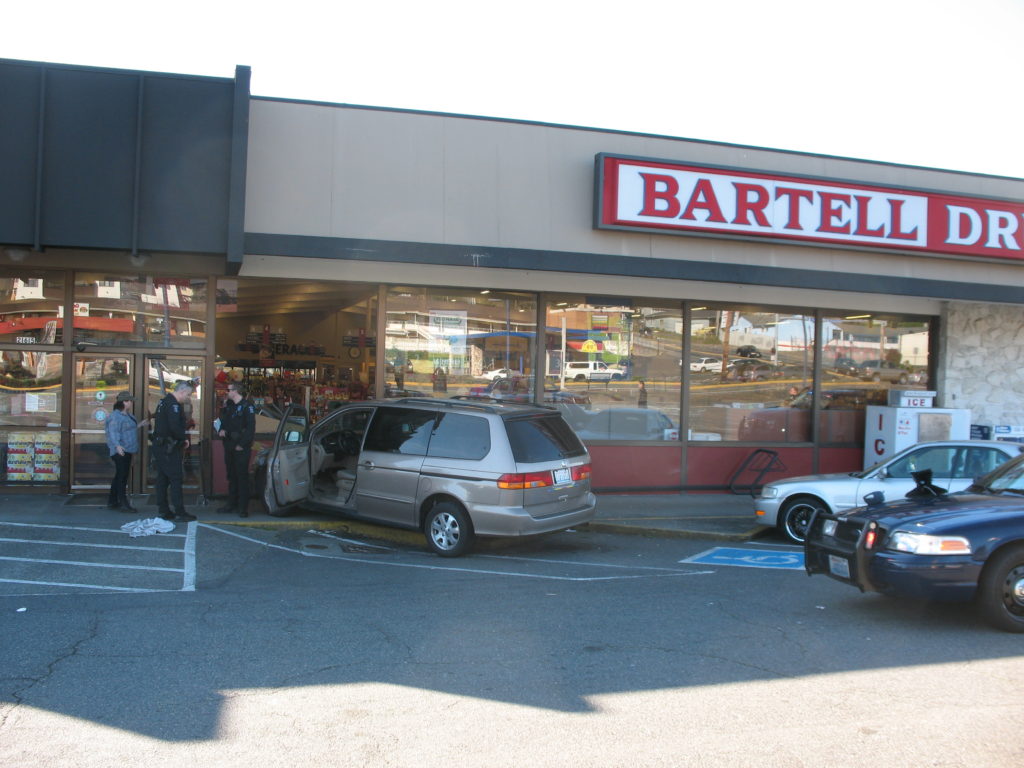“We are all in pain, we choose to suffer.”
I remember, as a teenager, my father spending hours in the yard landscaping as an escape from the vagaries of pastoring a church. I always think of him as the bishop’s troubleshooter in the local United Methodist conference. On behalf of the church, he led civil rights marches, conducted campaigns, lobbied the State legislature.
Then, as a pastor, the bishop sent him to churches in danger of splitting or folding to bring order and growth out of chaos within the congregation. Later, after retirement, when two of my siblings came out, without hesitation he, along with my mother, stepped into the political fray, becoming the national head of a gay rights organization. Dad was always a dynamo, always had a project. He never really knew how to sit still unless he was plotting his next project….
As we walked to the elevator, my now-92-year-old father uttered words all too familiar to retirement home chaplains, “I can’t believe I’m still alive.”
The statement on its face may seem innocuous. But recent conversations with my father, my mother, and my siblings, betrayed that “I can’t believe I’m still alive,” was not a statement of appreciated grace, but exasperation, frustration, victimization, profound suffering. “Why me? Why am I still alive?”
Mom said he had become two different people. In public, he was smiling, gregarious, helpful, complimentary, even flirtatious. In private he became, a sour, curt, depressed lonely grouch, bordering on abusive. In public, he struggled to prove he still had it. Privately, he had had it.
He hated aging. He hated being tired. He hated he wasn’t the dynamo with whom I grew up. He hated the unrecognizable person he had become, a shell of his former self. Internally dead yet sentenced to life.
The pain of aging compounds quietly, insidiously.
Even in the retirement community, Dad was a dynamo. He created and maintained a television station within the facility. He put on elaborate productions, song festivals, and lectures for residents, and the occasional funeral—increasingly frequently for friends. Golf partners, singing group members, confidants. Some life-long.
Constant joint pain had him taking up to six Vicodin a day until at a hospital visit his request for Vicodin was refused, he blurted out, “but I’m addicted!”
He struggled to remember to take his medications, perhaps the result of the Vicodin addiction.
Dad waged a valiant struggle to maintain his independence, refusing to give up driving. Then he drove the minivan through the front door of a drug store after missing the brake pedal, critically injuring a woman.
Mom is celiac, she is allergic to gluten on a molecular lever, even microscopic amounts of gluten result in dietary and abdominal distress that could be life threatening. In spite and in order to foster a sense of self-control, Dad decided he would eat glutenous foods in the apartment resulting in severe allergic reactions from Mom. When confronted, Dad denied it, but a thorough cleaning of the area around his chair revealed otherwise.
Both parents had small cancers requiring operations. Not life threatening but problematic, nonetheless, given their age.
Eventually, it had become clear Mom and Dad could no longer take care of each other. Mom especially needed on-going care in Assisted Living, which meant permanent separation from the man with whom she had been married 68 years.
Dad accepted a studio apartment in the building several floors away. He became lost, distraught.
He visited Mom every day. They watch TV together, shared meals when they could, attempt to carry on as normally as separation might allow.
Last year I asked Dad, “What keeps you alive? Why are you still here?” “I have to stay alive for your mother,” he responded. The next day we gathered in Mom’s room in Assisted Living. I asked Dad the same question in Mom’s presence. He replied, “I have to stay alive for your mother.” Too which Mom countered, “You don’t have to stay alive for me, I have lived 68 years with you on the road, gone weeks at a time, raising four children. If you don’t think I know how to survive without you, you’ve got another think coming!”
“That’s got to hurt!” I said. “No,” he said, “It’s fine.”
The pandemic hit, forcing complete separation—no visitation possible, only calls.
Then Mom fell. Several broken ribs, one puncturing a lung, and a head gash landed her in the hospital. She was not expected to recover. She did. It was a major scare for Dad, the first time losing her became a reality.
Loss of identity. Loss of independence. Increasing isolation. For many elders it is the trifecta of aging. “I don’t know why I’m still alive?” expresses, for many, the nadir of living.
How is it possible to reclaim “life” under these circumstances?

